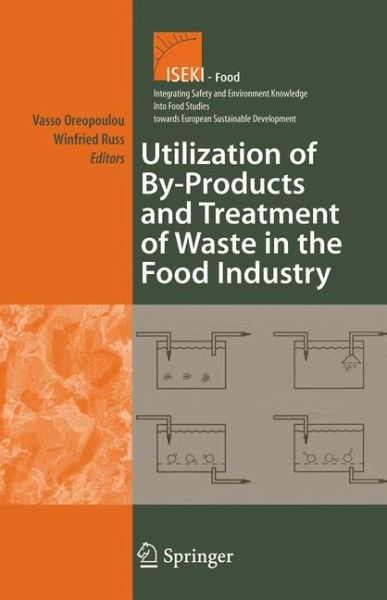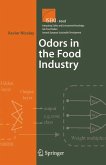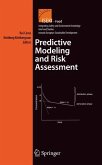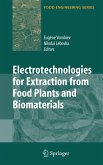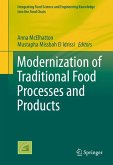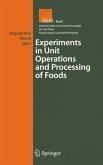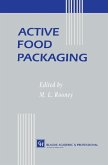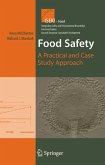"ISEKI-Food" is an acronym for "Integrating Safety and Environmental Knowledge Into Food Studies". Participants in the ISEKI-Food network, coordinated by Professor Cristina Silva at The Catholic University of Portugal, come from 29 countries in Europe and most of the institutes and universities involved with Food Science education at the university level in Europe are represented. Some international companies and non teaching institutions have also participated in the network. The main objectives of ISEKI-Food are to improve the harmonization of studies in food science and engineering in Europe and to develop and adapt food science curricula emphasizing the inclusion of safety and environmental topics.
Utilization of By-products and Treatment of Waste in the Food Industry, the third volume of the ISEKI-Food book series, deals with the main features of utilization of the food industry waste, defined thereby as by-product, and the treatments necessary to discard waste to environmental acceptors. Topics range from an overview about ways of utilization, the necessity of food waste utilization, treatment according to established standards and directives, methods and applications of treatments for wastewater, the use of anaerobic fermentation technology, and ideas for the range of possible useable wastes.
About the Editors
Vasso Oreopoulou is an Associate Professor of Food Chemistry and Technology in the National Technical University of Athens' School of Chemical Engineering.
Winfried Russ is a Lecturer in the Technical University of Munich's Weihenstephan Center of Life and Food Science.
About the Series Editor
Kristberg Kristbergsson is Professor of Food Science at the Department of Food Science and Human Nutrition at the University of Iceland, Iceland.
Dieser Download kann aus rechtlichen Gründen nur mit Rechnungsadresse in A, B, BG, CY, CZ, D, DK, EW, E, FIN, F, GR, HR, H, IRL, I, LT, L, LR, M, NL, PL, P, R, S, SLO, SK ausgeliefert werden.

